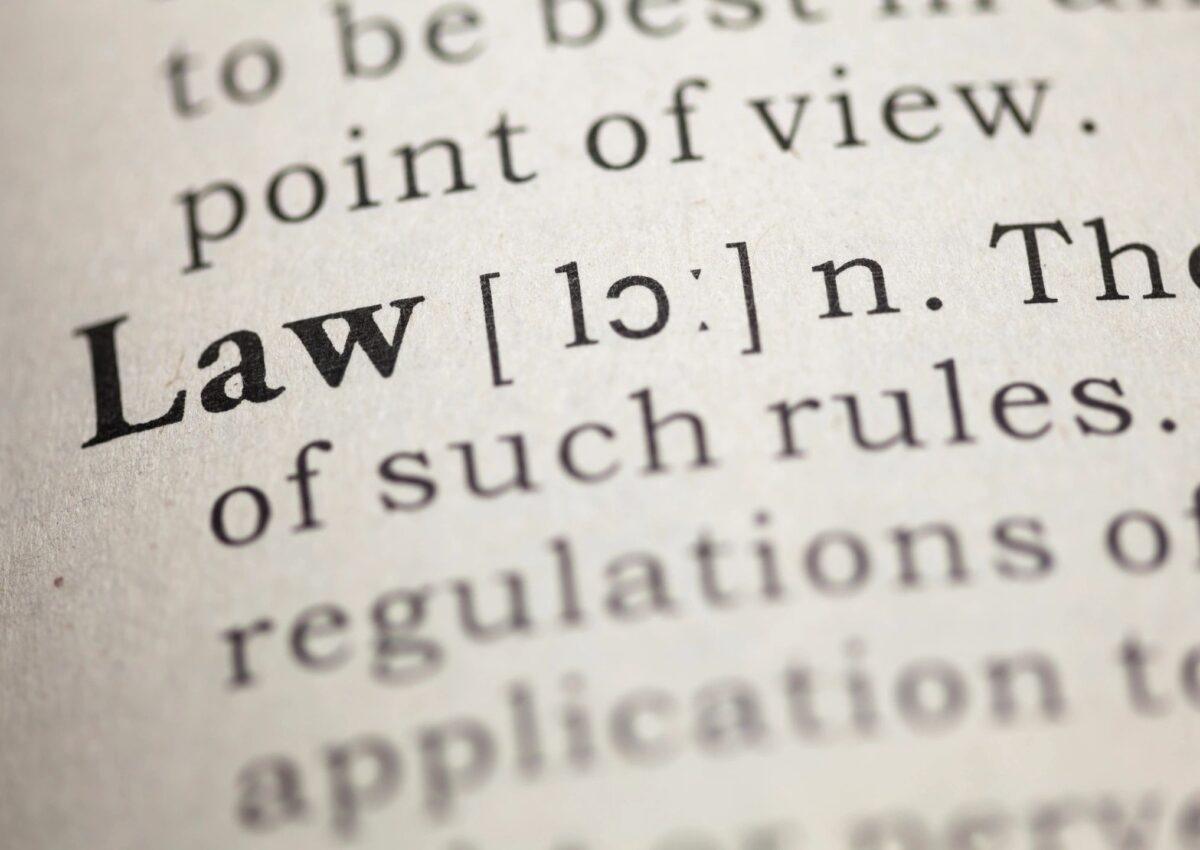
In California civil cases, the rules of evidence are primarily governed by the California Evidence Code, which sets forth the guidelines for what evidence can be presented and how it is to be used in court. The general principle is that only relevant evidence is admissible, meaning that the evidence must help to prove or disprove a fact that is in dispute in the case. Relevant evidence may be excluded if its probative value is outweighed by considerations like prejudice, confusion, or waste of time. This is known as the “balancing test,” and judges have discretion in determining whether evidence should be admitted or excluded based on its relevance and potential impact on the fairness of the trial.
California’s evidence rules also address various types of evidence, such as testimony, documents, and physical evidence. Testimonial evidence is typically provided by witnesses, who must be competent to testify and have personal knowledge of the facts they are discussing. Hearsay, or out-of-court statements made to prove the truth of the matter asserted, is generally not admissible, except under certain exceptions outlined in the Evidence Code. For example, statements made by a party to the case or certain business records may be allowed as exceptions to the hearsay rule. Additionally, expert witnesses may testify on matters requiring specialized knowledge, provided they are qualified and their opinions are based on reliable principles and methods.
The California Evidence Code also outlines specific rules for the admission of documentary and physical evidence. Documents must be authenticated before they can be introduced, meaning that the party offering the document must establish that it is what it purports to be. In some cases, evidence may be subject to additional rules, such as privileges (e.g., attorney-client privilege) that protect certain communications from being disclosed. Furthermore, California’s rules allow for various forms of objections, such as to compound questions, irrelevant evidence, or improper hearsay. The judge plays a crucial role in ruling on objections and ensuring that the evidence presented in a case complies with the legal standards. Overall, the goal of California’s evidence rules is to ensure that the trial process is fair, that the jury is presented with reliable and relevant information, and that the proceedings are efficient and orderly.
Visit: https://inlandempirelitigation.com/
Law Offices of James R. Dickinson – 909-848-8448
How To Schedule A Consultation:
Please call us at 909-848-8448 to schedule a free consultation/case evaluation or complete the form immediately below. [Please note certain formalities must be completed to retain the Law Offices of James R. Dickinson, such as the signing of a legal fee agreement [see “Disclaimers”]].
